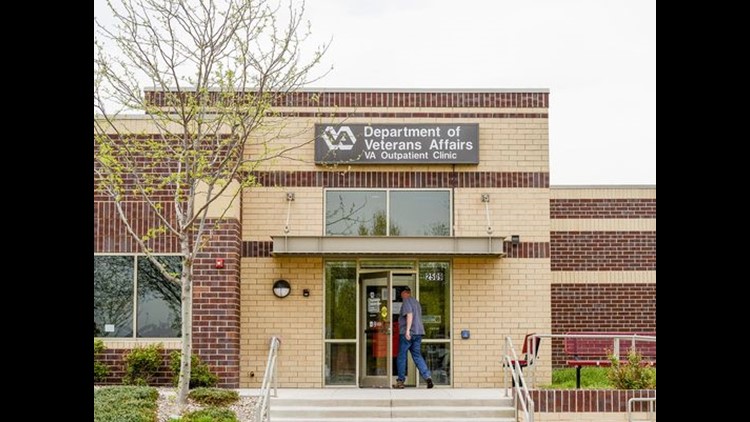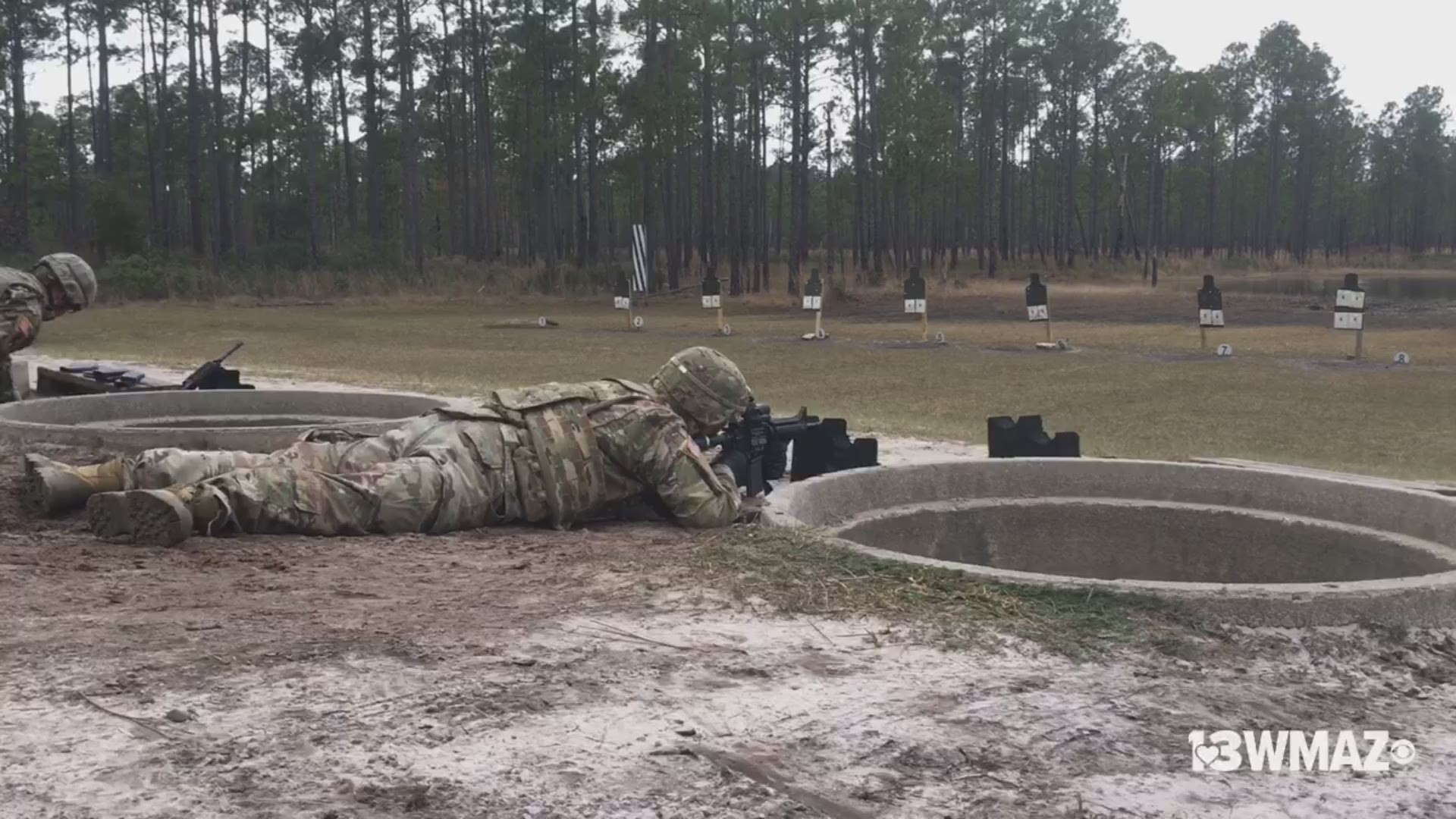WASHINGTON — An independent investigator found that Veterans Affairs officials glossed over problems pointed out by whistleblowers — such as improperly cleaned medical instruments or psychiatric patients who go for years without evaluations — by declaring that the problems cause no potential harm to public health or safety.
![Fort-Collins-VA-clinic-051114[ID=8997167] ID=8997167](http://www.gannett-cdn.com/-mm-/3d5569507733ca056af5edaf0a2a8036c559fb13/r=500x375/local/-/media/WMAZ/WMAZ/2014/05/12/1399908899000-Fort-Collins-VA-clinic-051114.jpg)
"The VA, and particularly the VA's Office of the Medical Inspector, has consistently used a 'harmless error' defense, where the department acknowledges problems but claims patient care is unaffected," Carolyn Lerner, who leads the U.S. Office of Special Counsel, wrote in a letter to President Obama on Monday. "This approach has prevented the VA from acknowledging the severity of systemic problems and from taking the necessary steps to provide quality care to veterans."
Lerner wrote that veterans' health and safety had been "unnecessarily put at risk."
For example, at a VA facility in Jackson, Miss., last fall, whistle-blowers detailed improper credentialing of providers, inadequate review of radiology images, unlawful prescriptions for narcotics, non-compliant pharmacy equipment used to make chemotherapy drugs and unsterile medical equipment, she said. The facility faced a provider shortage and subjected veterans to long wait times for appointments.
The letter details a "pattern of responses" to whistle-blowers showing that no one responds when they highlight a problem and that they are often punished. There are 50 pending cases, she wrote, "all of which allege threats to patient health or safety."
"Despite confirming the problems in each of these (and other) patient-care areas, the VA refused to acknowledge any impact on the health and safety of veterans seeking care" at the facility, Lerner wrote.
Lerner cited a VA investigation into falsified appointments in Fort Collins, Colo., designed to make it look as if patients' wait times were shorter than they were. That investigation concluded there was insufficient data to conclude that the longer wait times resulted in a danger to public safety.
In Brockton, Mass., a psychiatrist detailed neglect in long-term psychiatric patient care. One patient was in the facility for eight years, yet had only one note from a psychiatrist in his medical files. A second patient entered the facility in 2003 but had his first psychiatric exam in 2011.
Despite these findings, VA's medical inspector "failed to acknowledge that the confirmed neglect of residents at the facility had any impact on patient care," Lerner wrote.
The Office of Special Counsel report documents a dozen similar cases, including:
•In Montgomery, Ala., a pulmonologist copied notes rather than writing new ones, but VA said it could not substantiate that this endangered patient health.
•In Grand Junction, Colo., VA found a facility with elevated levels of Legionella bacteria — which causes Legionnaire's disease — because of poor maintenance, but VA found no substantial danger to public health.
•In Ann Arbor, Mich., untrained employees improperly handled surgical instruments, leading to "unsafe and unsanitary work practices." When VA officials partially substantiated the allegations, the whistle-blower said it was "not clear" whether corrective actions improved the situation. There was no follow-up, Lerner wrote.
"I am deeply disappointed, not only in the substantiation of allegations raised by whistle-blowers but also in the failures within VA to take whistle-blower complaints seriously," acting VA Secretary Sloan Gibson said in response to the letter. He ordered a review of how recommendations are implemented.
He responded to charges that when whistle-blowers come forward with complaints about how veterans are treated, those whistle-blowers are often punished.
"I reminded all 341,000 of our employees that we must protect whistle-blowers and create workplace environments that enable full participation of employees," Gibson said. "As I told our workforce, intimidation or retaliation – not just against whistle-blowers but against any employee who raises a hand to identify a problem, make a suggestion or report what may be a violation in law, policy or our core values – is absolutely unacceptable."
Rep. Jeff Miller, R-Fla., who heads the House Committee on Veterans' Affairs, said VA appears to believe that in spite of the documented problems, "serious patient safety issues apparently have no impact on patient safety."
"It's impossible to solve problems by whitewashing them or denying they exist," he said. "This is a lesson VA should have already learned as part of its delays in care crisis, but President Obama needs to help reiterate it to each and every new VA employee."



